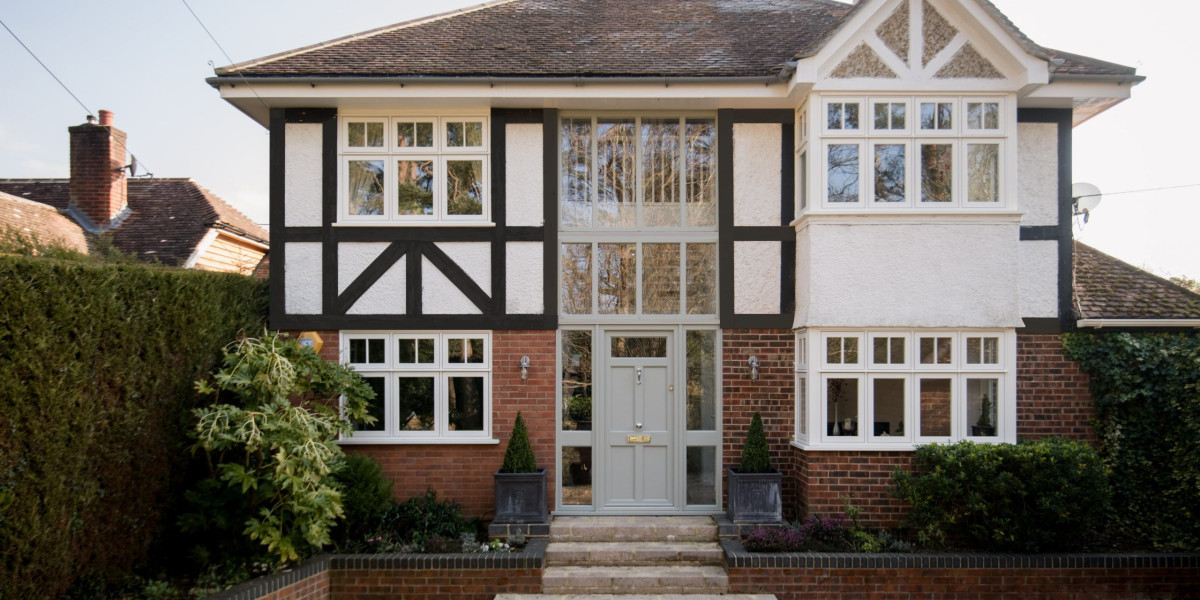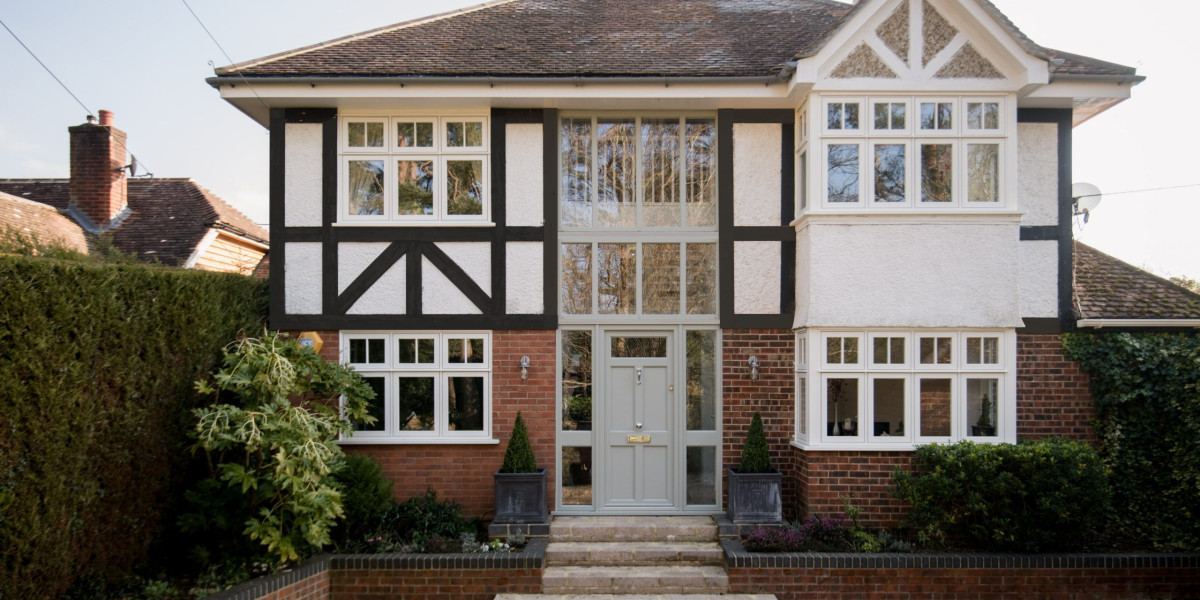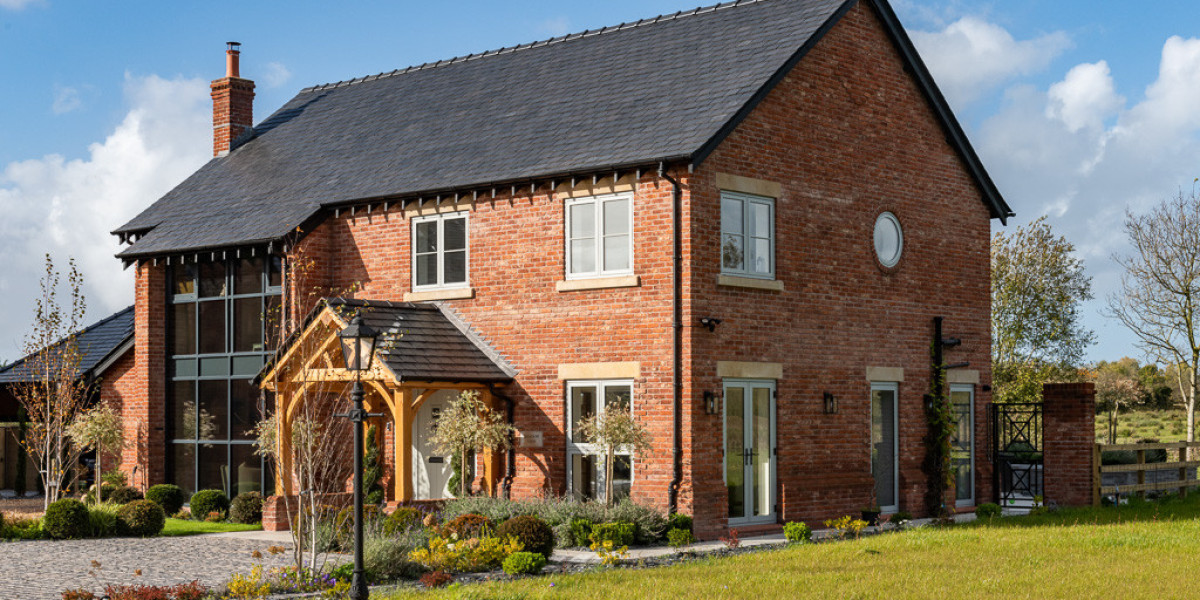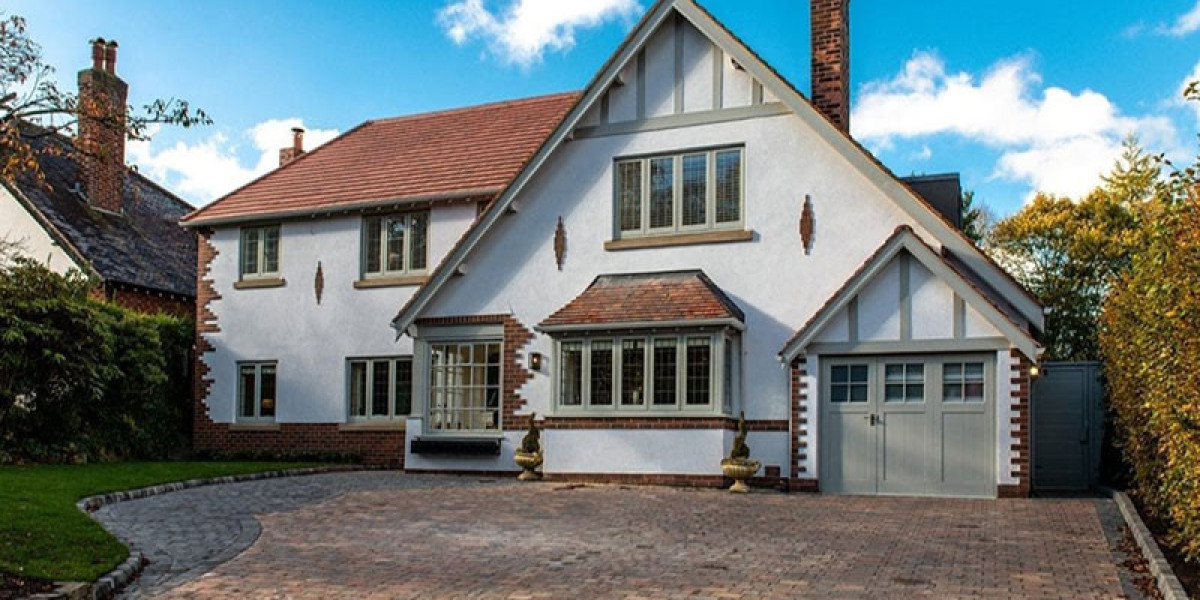
Introduction
Aluminium sliding doors have gained immense popularity in modern architecture and interior design due to their sleek aesthetics, functionality, and durability. This study report aims to explore the various aspects of aluminium sliding doors, including their design, materials, advantages, disadvantages, applications, and maintenance requirements.
Design and Structure
Aluminium sliding doors are typically composed of a frame made from high-quality aluminium extrusions, which provide strength and stability. The design can vary significantly, from minimalist frames that maximize glass areas to more ornate styles that complement traditional architecture. The doors operate on a track system, allowing them to slide open and closed smoothly, which is a significant advantage in spaces where traditional hinged doors would require more room to operate.
- Types of Aluminium Sliding Doors:
-
Single Track Sliding Doors: These consist of one or two panels that slide along a single track. They are
Window Installation Ideal Glass for smaller spaces and are often used in residential settings.
- Multi-Track Sliding Doors: These doors can accommodate multiple panels that slide in different directions, allowing for larger openings and more versatile configurations. They are commonly used in commercial spaces and large homes.
- Glass Options:
- The glass used in aluminium sliding doors can vary in thickness and type, including tempered glass, laminated glass, and low-emissivity (Low-E) glass. These options enhance safety, energy efficiency, and UV protection.
Materials Used
The primary material in aluminium sliding doors is, unsurprisingly, aluminium. The choice of aluminium is due to its lightweight nature, resistance to corrosion, and low maintenance requirements. Additionally, aluminium can be anodized or powder-coated to enhance its aesthetic appeal and durability.
- Thermal Break Technology:
- Many modern aluminium sliding doors incorporate thermal break technology, which involves a plastic section between the inner and outer frames. This feature improves insulation, helping to maintain indoor temperatures and reduce energy costs.
- Weather Sealing:
- Effective weather sealing is critical for protecting interiors from rain, wind, and dust. Quality aluminium sliding doors come equipped with rubber seals and gaskets that help achieve this goal.
Advantages of Aluminium Sliding Doors
- Aesthetic Appeal:
- Aluminium sliding doors offer a contemporary look that can enhance the overall design of a building. Their slim frames and large glass panels provide unobstructed views and allow natural light to flood interiors.
- Space Efficiency:
- Unlike traditional doors that swing open, sliding doors save space as they do not require clearance for operation. This makes them ideal for smaller rooms or areas with limited space.
- Durability and Low Maintenance:
- Aluminium is resistant to rust and corrosion, making it suitable for various environmental conditions. Regular cleaning is often the only maintenance required to keep these doors looking new.
- Energy Efficiency:
- With advancements in glazing technologies, aluminium sliding doors can achieve high energy efficiency, reducing heating and cooling costs. Low-E glass options can further enhance thermal performance.
- Security Features:
- Many aluminium sliding doors come equipped with advanced locking mechanisms, including multi-point locks, which enhance security and provide peace of mind.
Disadvantages of Aluminium Sliding Doors
- Cost:
- While aluminium sliding doors are durable and low-maintenance, they can be more expensive than traditional wooden or vinyl doors. The initial investment may deter some homeowners.
- Heat Conductivity:
- Although thermal break technology mitigates this issue, aluminium can still conduct heat, which may lead to condensation in certain climates if not properly insulated.
- Limited Customization:
- While there are various styles and finishes available, some homeowners may find the customization options for aluminium sliding doors to be limited compared to wooden doors.
Applications of Aluminium Sliding Doors
Aluminium sliding doors are versatile and can be used in various applications, including:
- Residential Settings:
- Homeowners often install aluminium sliding doors to connect indoor living spaces with outdoor patios, decks, or gardens. They are also popular for creating seamless transitions between rooms.
- Commercial Spaces:
- Retail stores, restaurants, and office buildings frequently use aluminium sliding doors for their modern appearance and functionality. They can be used as entrance doors or to create open spaces within the building.
- Public Buildings:
- Aluminium sliding doors are also common in public buildings such as schools, hospitals, and community centers, where accessibility and ease of use are essential.
Maintenance Requirements
Maintaining aluminium sliding doors is relatively straightforward. Regular cleaning with mild soap and water is usually sufficient to remove dirt and debris. It is also important to check the tracks and rollers periodically to ensure smooth operation.
- Lubrication:
- Applying a silicone-based lubricant to the tracks and rollers can help maintain functionality and prevent wear and tear.
- Seal Inspection:
- Homeowners should inspect the weather seals regularly for any signs of wear or damage, as compromised seals can lead to drafts and water leaks.
- Glass Care:
- The glass panels should be cleaned regularly to maintain clarity and transparency. Special glass cleaners can be used to avoid streaks and smudges.
Conclusion
Aluminium sliding doors represent a perfect blend of aesthetics, functionality, and durability, making them an excellent choice for both residential and commercial applications. While they come with certain disadvantages, the benefits often outweigh the drawbacks, particularly when considering energy efficiency, space-saving design, and modern appeal. As technology continues to advance, aluminium sliding doors are likely to evolve further, offering even more features that enhance their performance and value. For anyone looking to enhance their living or working space, aluminium sliding doors are undoubtedly a worthy investment.









